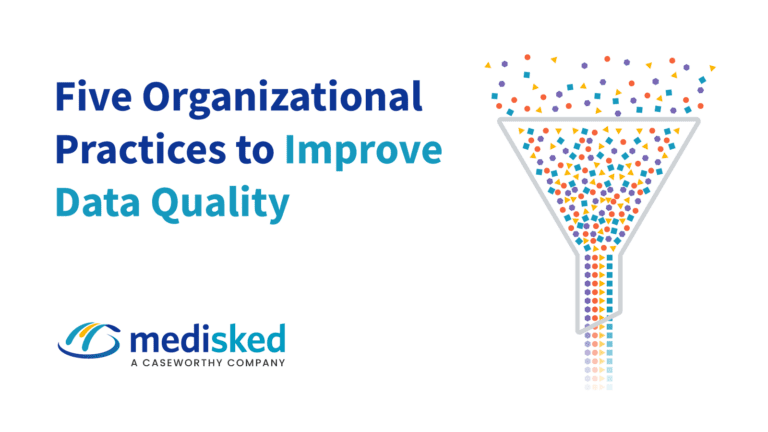The term managed care is no longer considered new language when thinking of state-wide Medicaid waivers and programs. By now, you can find countless blogs and webinars that attempt to define what managed care means to these programs and particularly how the author’s home state is impacted.
But what does it all mean?
In summary, when we begin to think about healthcare a wealth of thoughts and priorities generally come to mind; access to providers, coverage to seek care, connections to services, etc. Generally what consumers are not thinking of are their managed care options. One is often surprised to find out that managed care is really an organization (MCO) that serves as an insurance provider whom is responsible for the payment of service expenses while housing the delivery of care and support of administration. Ideally an MCO implements initiatives that focus on improving care outcomes, reducing health disparities and building accountability in quality care.
Through monitoring and advisement, a managed care program intends to ensure a standard of care is delivered, performance is measurable, and costs are controlled through various pre-established methods. What we’re talking about is an approach that allows states to develop coordinated services where they all have access at the right time and place that is cost-effective. Here in New York State, where MediSked was founded, we are well underway and other states are watching those successes closely to in-turn build their own models for performance.
States to Watch
On October 19th, 2018 North Carolina received federal approval from the Centers for Medicare & Medicaid Services (CMS) for the amended 1115 Demonstration Waiver. The program was set to start during the first quarter of 2019 and continue through October 31st, 2024. With the approval, North Carolina now has the capability to implement the transition and begin tailoring personalized plans under Medicaid managed care.
As of March 20th, 2019, Texas released the state’s first strategic plan that focuses on the unique needs for individuals in the Intellectual and Developmental Disabilities community. In late summer 2019, the Health and Human Services Commission (HHSC) plans to develop working collaborations with providing agencies across the state in order to develop a continuity of care plan that supports the whole person, and best practice standards.
Moving Forward
As managed care continues to evolve and implement in an average of 39 states, consumers should begin to see the organized flow where systems begin to collaborate and function at an optimum level placing the person at the center.








